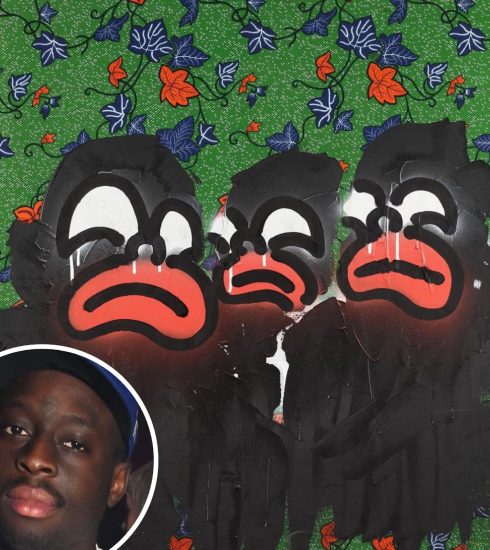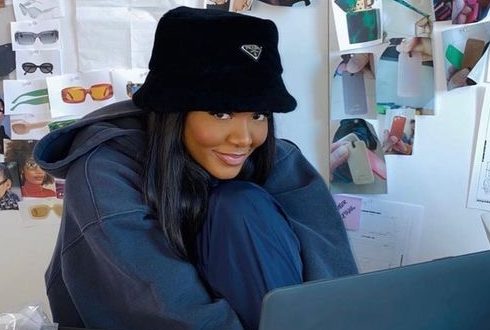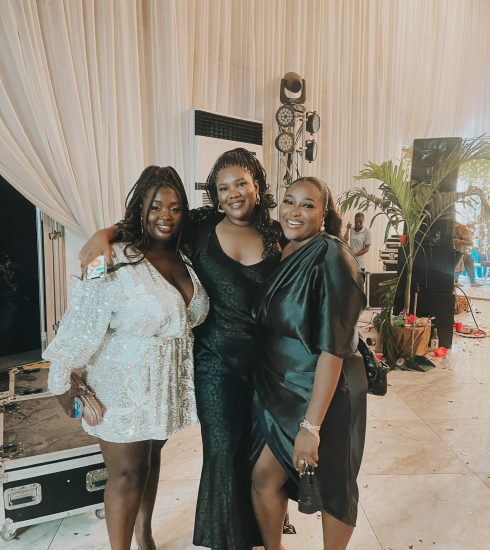Logging Off
We’ve all heard the term ’social media fatigue,’ while it might feel overused, the struggle is undeniably real. The constant bombardment of information, the pressure to present a perfect image, and the nagging fear of missing out if you aren’t endlessly scrolling was, and sometimes still is, my reality. It took a toll on my well-being, and I realised it was time for a change.
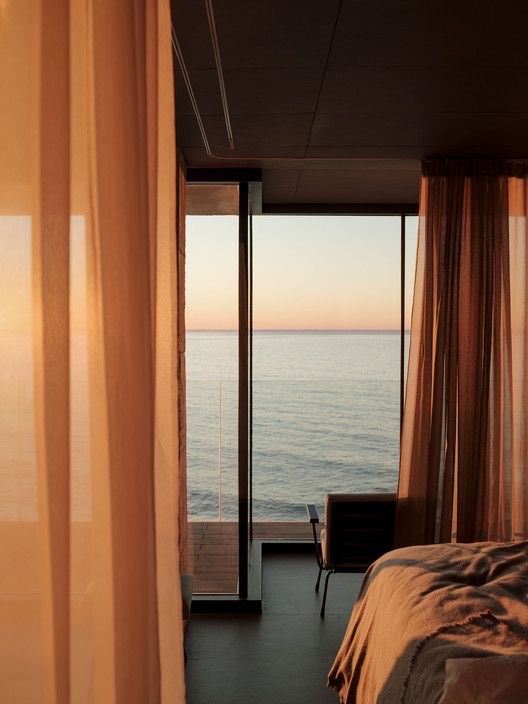
There were many contributing factors to
my burnout, but one moment stood out as particularly revealing. Late-night doom scrolling had become a dangerous habit. The blue light kept me awake, and my mind raced through a never-ending stream of filtered lives, news headlines, and memes. The TikTok algorithm was especially seductive, promising “just one more video” that often stretched into hours of mindless consumption.
Retreating into my phone became a familiar pattern. It offered a haven, a place to immerse myself in a curated stream of entertainment, trivial pursuits, and virtual connections. It was easy to mistake this for genuine engagement with the world. I could lose myself scrolling through feeds, watching videos, or responding to notifications, creating a comforting illusion of productivity or connection. But it was often a facade, a way of numbing out the difficult emotions, complex issues, or responsibilities that awaited me in the real world. The longer I hid behind the screen, the harder it became to confront the messiness of my own life and the tools I desperately needed to navigate those challenges.
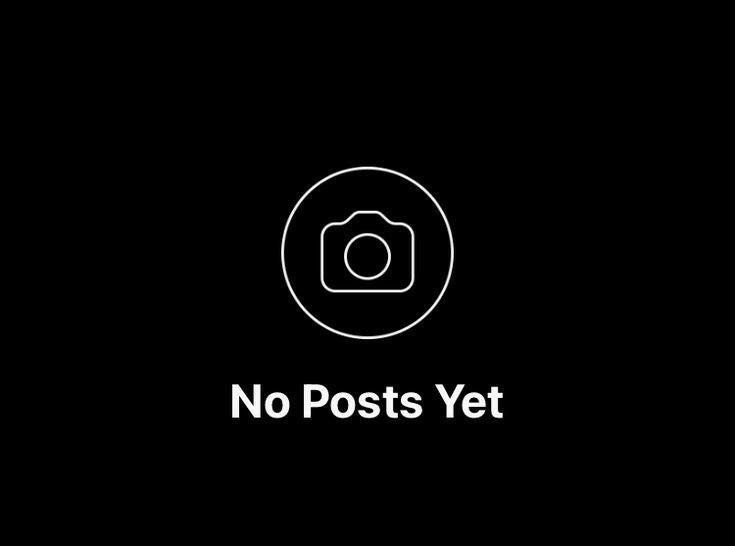
Celebrities, despite the glamour and perceived ease of their lives, face the same social media pitfalls as the rest of us. The quest for self- preservation has sparked a notable trend: High-profile figures are increasingly choosing to step back from the relentless public eye and curate a healthier relationship with their digital presence. For some, like Michaela Coel, this means completely withdrawing from platforms like Instagram. Others promote a balance, advocating for periodic social media breaks as a tool for mental well-being. This movement reflects a desire for privacy, authenticity, and control in a world where every move can be scrutinised and dissected online. It highlights a growing awareness that unchecked social media consumption can take a toll on even the most successful individuals, reminding us that no one is immune to the need for boundaries and self-care.
Sometimes, the only solution seemed to be deactivating my Instagram altogether. There’s undeniable peace in disconnecting from the noise, the comparisons, and the performative aspects of online life. But I’ve learned that complete withdrawal isn’t the answer either. It’s one thing to identify your issues, but it’s an entirely different beast to put that knowledge into action. Despite recognising my unhealthy patterns, the allure of social media often pulls me back in; it’s interwoven into my work and has become deeply ingrained in my routine. The idea of a full digital detox is appealing, but it’s not always practical. The key, I’m learning, lies in striking a delicate balance. It’s about setting stricter boundaries, silencing notifications, implementing time limits, and consciously choosing when and how to engage with these platforms. It’s about creating a digital environment that serves me instead of draining me.
It’s a constant work in progress, but ultimately, it’s about reclaiming my time, attention, and mental well-being without completely sacrificing the digital tools that shape so much of my professional life.
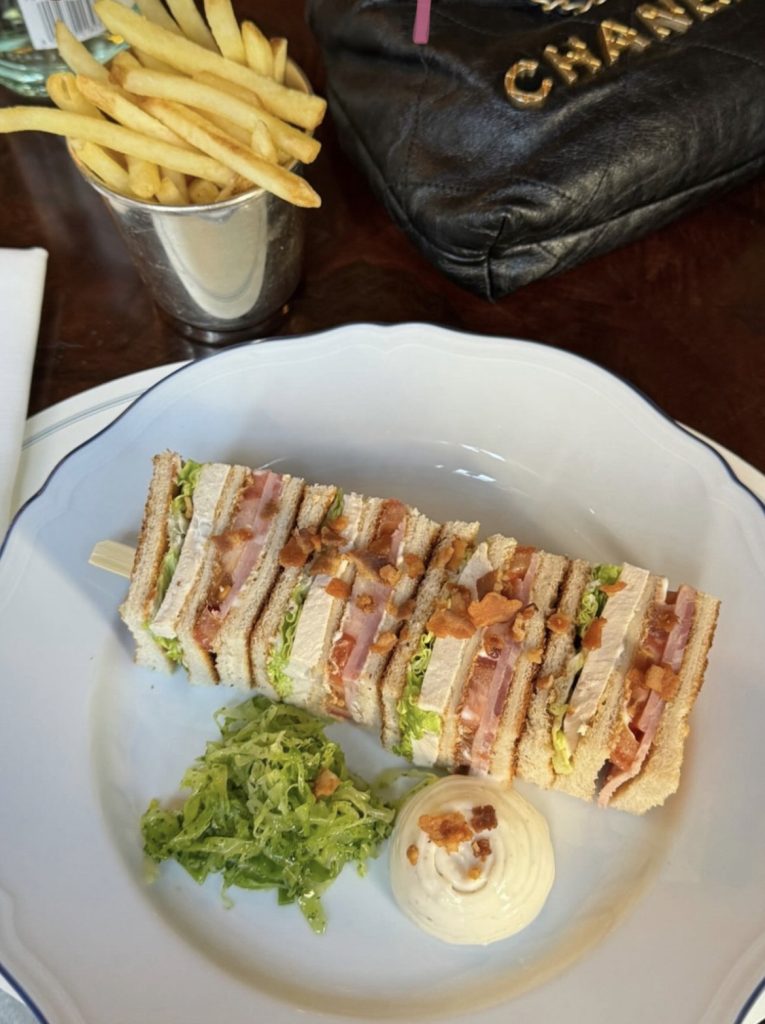 Furthermore, the future of social media feels uncertain, a landscape in constant flux. As we collectively grapple with the consequences of our digital consumption, a question hangs in the air: How much more can we take? The lines between our online and offline selves are blurring, and with the rise of immersive technologies like VR, the potential for even deeper disconnection is alarming. Will future generations struggle to differentiate between curated feeds and the unfiltered complexities of real life?
Furthermore, the future of social media feels uncertain, a landscape in constant flux. As we collectively grapple with the consequences of our digital consumption, a question hangs in the air: How much more can we take? The lines between our online and offline selves are blurring, and with the rise of immersive technologies like VR, the potential for even deeper disconnection is alarming. Will future generations struggle to differentiate between curated feeds and the unfiltered complexities of real life?
Will our ability to form genuine bonds wither as we seek comfort in virtual interactions? The future demands a shift. It’s time to reimagine our relationship with social media, reclaim our agency, and carve out spaces for genuine connection within ourselves and the world around us.

Ntianu Obiora is a versatile creative professional with over a decade of experience in publishing, marketing, communications, and digital strategy. She is the Online Editor at THEWILL DOWNTOWN




